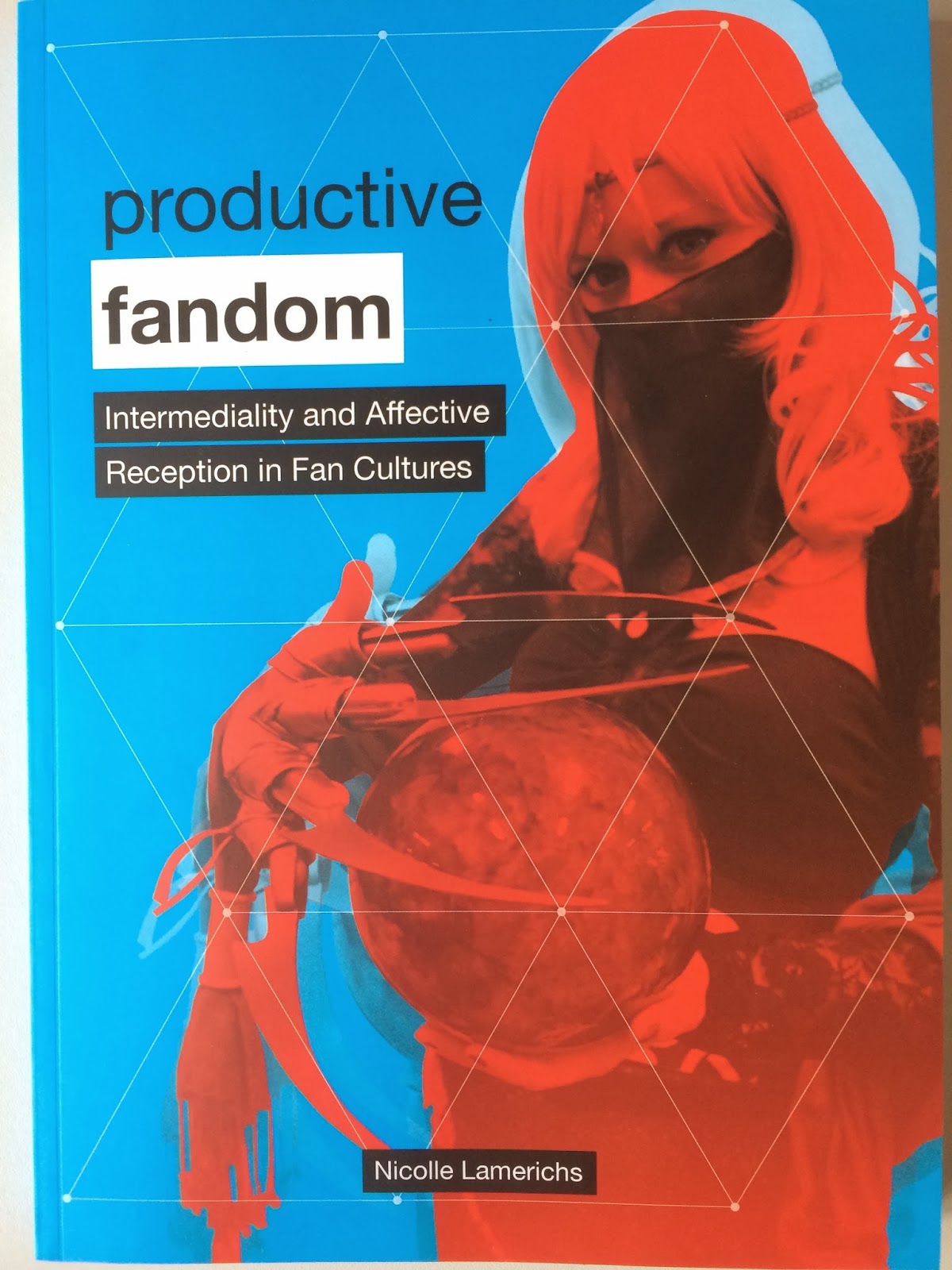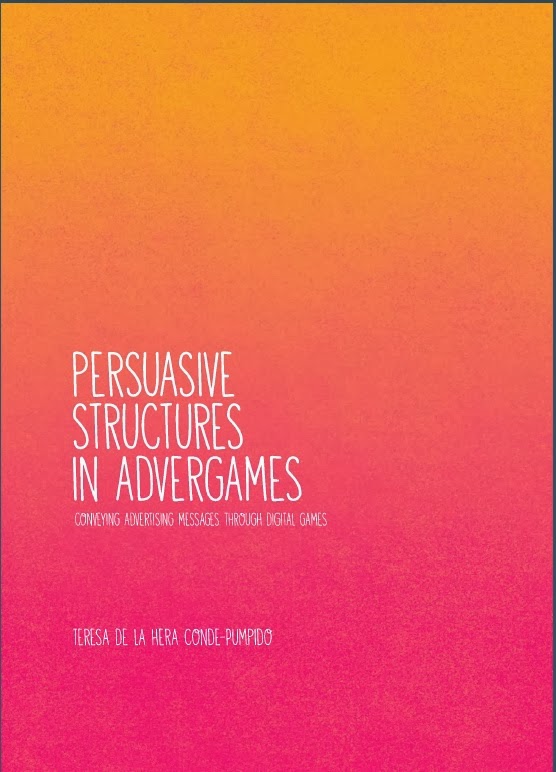PhD dissertation defense Nicolle Lamerichs
We have another upcoming PhD dissertation defense to mention here: our colleague Nicolle Lamerichs will defend her thesis Productive Fandom: Intermediality and Affective Reception in Fan Cultures at Maastricht University. Here’s the teaser text from the back cover of the dissertation:

Written from an insider’s perspective, Productive Fandom explores these rich subcultures that provide new insights on the shared spaces of consumers, producers and media texts. Productive Fandom shows that fans are above all creative. They write their own stories, “cosplay” in their own dresses and invent their own games. Fandom is a rich and vibrant culture of rewriting – a formation of media spaces and audiences that come together online and offline.
Fandom gets more complex as media franchises are distributed across different platforms and audiences translate a television text from one medium to the other. Intermediality is a core concept in this study that shows the diversity of contemporary fandom by studying fans of Sherlock, Glee, Firefly and other popular franchises. The book addresses both scholars and fans and tackles broader questions about production hierarchies, gender, sexuality, play and affect.

